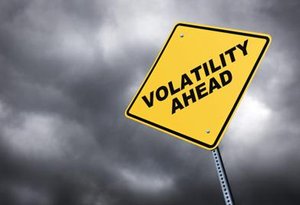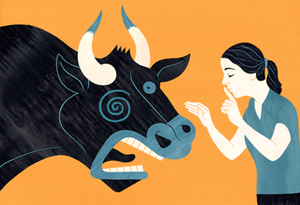For many people, 2022 is off to a rocky start. Living amid continued economic and geopolitical uncertainty can challenge even the most steadfast of temperaments.
It’s during times like this that some may fall susceptible to action bias.
Action bias shows up when we encounter a problem and our brain tempts us to immediately spring into action in response to fear, either real or perceived.
And who can’t relate? When stability is threatened, it just feels better to do something, anything, doesn’t it? Even if that may be the wrong thing, unfortunately.
The best strategy is not to automatically act, but instead to pause, assess, and plan a smart next move. A well-structured portfolio may be able to withstand whatever comes your way.
When you feel action bias tempting you, take a deep breath and remember that your strategy is a marathon, not a sprint. Do this instead: Give these articles a read, and let me know if you have any concerns or additional insights.
Take care, and let’s connect soon.

When You Think About Investing, Don’t Think About the News
March 14, 2022
How to invest for the long run even if the world seems to be going nuts now.

How to Manage the Biggest Risk of All: Uncertainty
March 14, 2022
Technology and big data have allowed us to minimize risk in our lives, but nasty surprises like…

What To Do Financially In Response To Market Volatility And Global Uncertainty
March 11, 2022
These are the words overheard every time there is a market correction, and they are both true and…

The Secret to Braving a Wild Market
March 11, 2022
For most of the past decade, investing has required almost no courage at all. That may well be…

8 Psychological Traps To Avoid
March 14, 2022
Many authors have written on psychological or behavioral traps that lead people in the wrong direction with their lives in general. Quite frequently, some classic forms of dysfunctional psychology are directly evident in investing behavior.
